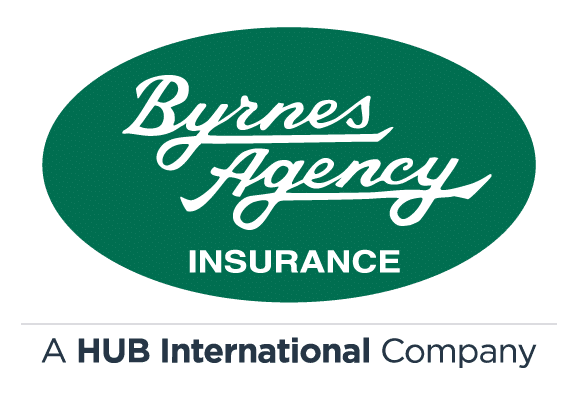Understanding Tenant Privacy Rights

 Laws have been put in place over the years to protect both the property management company and the tenants who live onsite. Knowledge of and compliance with federal, state and local regulations is crucial for all parties involved. Rental property owners want to make sure they’re running a profitable and reputationally sound business while protecting their investment, and tenants want to live peacefully in a rental property and protect their own rights.
Laws have been put in place over the years to protect both the property management company and the tenants who live onsite. Knowledge of and compliance with federal, state and local regulations is crucial for all parties involved. Rental property owners want to make sure they’re running a profitable and reputationally sound business while protecting their investment, and tenants want to live peacefully in a rental property and protect their own rights.
Understanding privacy rights as a landlord and your expectations is important when trying to stay away from legal issues and bad relationships with your tenants. Here’s what you need to know.
Legal Responsibility of Property Managers and Landlords
It’s important for those in rental property management to become familiar with laws specific to their state and city. Not being fully aware of what these laws are is no excuse when it comes to claims made by tenants. Landlords can’t plead ignorance when discrimination claims, for instance, are made against them.
If something like this arises, it’s important for landlords and property managers to be current with their insurance coverage, such as apartment building insurance, that provides financial resources during litigation.
Federal Landlord-Tenant Laws
There are major federal laws in place that affect all landlords and property managers set up through the Fair Housing Act and the Fair Credit Reporting Act.
The Fair Housing Act bars discrimination due to race, color, national origin, religion, sex, familial status, or disability of any kind. The piece of legislation goes beyond leasing to also include advertising, which prevents landlords from marketing their properties to certain groups of people.
The Fair Credit Reporting Act dictates the ways in which a landlord may use a tenant’s credit history for purposes of screening. Under the act, a landlord or property manager must get an applicant’s permission to run a credit report and provide the information on the reporting agency used. It also prohibits informing the applicant if information contained on the report was the reason for denial.
Landlord Entry
If there is an emergency of any kind that ends up posing a risk of injuries or property damage, the landlord can enter without advance notice or permission. If they need to act immediately in response to a flood or a crime they can do so. Usually, landlords will leave a note or get a hold of the tenant right away so they can explain the matter at hand.
The landlord can also enter without notice if the tenant appears to have abandoned the property in question. They need to provide notice to enter the unit in situations in which they need to handle repair requests or improvements to the unit. If the landlord has to make a repair on their own accord, they typically have to give 24 hours of notice and explain their reason for repair and entry.
A lease agreement should also outline various situations in which a landlord may enter a unit for inspections after reasonable notice is given. State laws typically grant this right if the lease does not include it.
Landlords may also have a right of entry is when they are showing the apartment to a potential tenant or purchaser. There still needs to be reasonable notice of this, but shorter notices can be negotiated.
Entry By Inspectors
Landlords and property managers must know that tenants have the right to refuse entry to health and safety inspectors if they come to their unit on a request by a neighbor. If they are refused, the inspector can make a request to the landlord who will give notice to the tenant. What’s more, a search warrant may be granted, especially if it’s a matter of public health.
In most cases, the inspector will be joined by the landlord or property manager, or even law enforcement, to handle the inspection. The landlord cannot let just anyone enter the unit and need to give ample consent when inspectors are requesting to enter.
About Byrnes Agency
At Byrnes Agency, we offer insurance solutions that can be tailored to meet your specific needs. Whether you’re looking for personal policies or commercial coverage, we have the right coverage for you. To learn more about our products, contact us today at one of our two locations.
If you’ve enjoyed what you’ve read here and would like to know when we’ve published a new blog post, please “like” us on our Facebook page, and share this with your Connecticut neighbors.
Phone: (860) 774-8549
394 Lake Rd
Dayville, CT 06241
United States
info@byrnesagency.com
Hours of Operation: Monday- Friday 9:00am-5:00pm
Phone: (860) 886-5498
6 Consumers Avenue
Norwich, CT 06360
United States
info@byrnesagency.com
Hours of Operation: Monday- Friday 9:00am-5:00pm
Tags: Apartment Building Insurance, business insurance, Landord and Tenants, Property Management, Rental Property Insurance, Tenant Privacy
